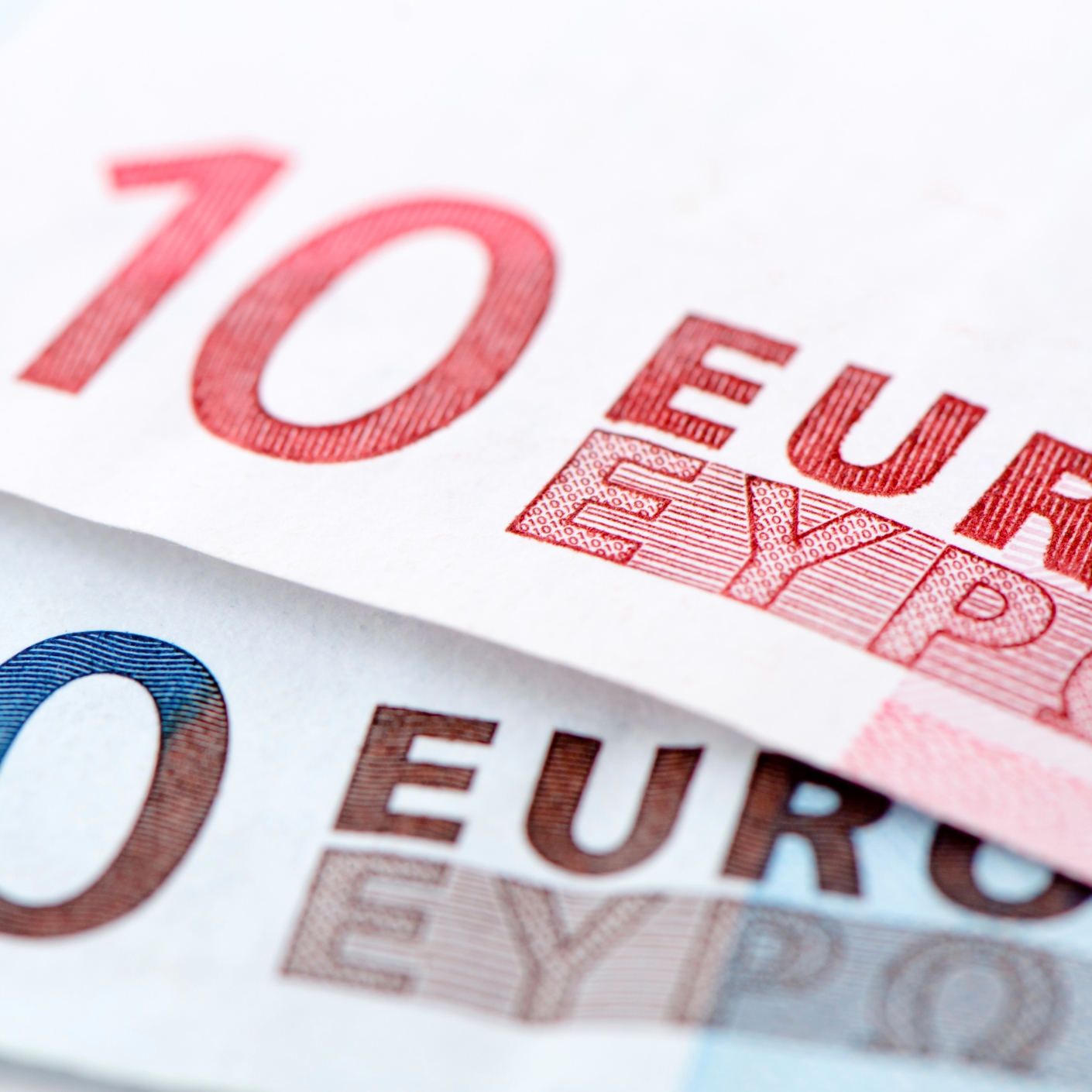Banking, finance, and taxes
A Tale of 2 European Bank Earnings: Barclays vs Deutsche Bank

Published:
Last Updated:

It has been a busy day for the banking sector in Europe. On top of the European Central Bank keeping rates static, it cut its monthly bond buying in half but extended the timeframe to buy bonds to September of 2018 or even further. We also have two major banking sector earnings reports out of Europe that have sent shares lower.
This has been a strong year for the broader equity markets, but that hasn’t necessarily translated into big stock gains for some of the European banks.
Deutsche Bank A.G. (NYSE: DB) said that its profit more than doubled despite slower trading revenues. Its results managed to beat estimates even when considering a lower rate of total revenues. And the markets rewarded Deutsche Bank with a stock sell-off.
Deutsche Bank’s revenues were €6.78 billion (about $7.5 billion). Its net profit was €647 million, and the pretax profit was €933 million. Deutsche Bank’s full common equity Tier 1 ratio was down to 13.8 in the third quarter from 14.1% in the prior quarter.
Barclays PLC (NYSE: BCS) posted a gain in profits as well, but this appears to be on lower operating and regulatory costs. Revenue was down 5% to £5.17 billion (about $6.9 billion) with lower bond trading revenues making for a 30% drop in total trading revenues. Its net profit rose to £583 million from £414 million a year ago.
Barclays return on equity is about 5.1% now, but the bank is targeting a 9% return on equity by 2019 and over 10% for 2020. The headline common equity Tier 1 ratio was 13.1%.
One issue that remains is whether CEO Jes Staley can deliver on the results, because there has been pressure over whether he will be able to hold on to his job.
There is a key takeaway here. Deutsche Bank may face even more competitive pressure in continental Europe, particularly in the core German market, as banks relocate away from London to Frankfurt and other cities around Europe as their answer on how to deal with the Brexit move. Both Deutsche Bank and Barclays are among the top 10 global banks when it comes to revenues.
There has been a slight discrepancy over the American depositary shares (ADSs) and ordinary shares trading on the local markets due to currencies.
Barclays ADSs were down 8% at $9.60 on Thursday in New York. The 52-week trading range is $8.87 to $12.05. The ordinary shares traded in London were last seen down 7% at £183.10.
Deutsche Bank’s ADS were last seen down just 1.8% at $16.81 in New York on Thursday morning, with a 52-week range of $13.32 to $20.94. The locally traded shares in Frankfurt were last seen down 1.6% at €14.31.
The Financial Select SPDR ETF (NYSE: XLF) was last seen up 14.6% so far in 2017. The year-to-date performances of these two banks have been disappointing in comparison. The performance year to date for Barclays ADSs has been −5%, versus a 6% gain year to date for Deutsche Bank ADSs.
Thank you for reading! Have some feedback for us?
Contact the 24/7 Wall St. editorial team.